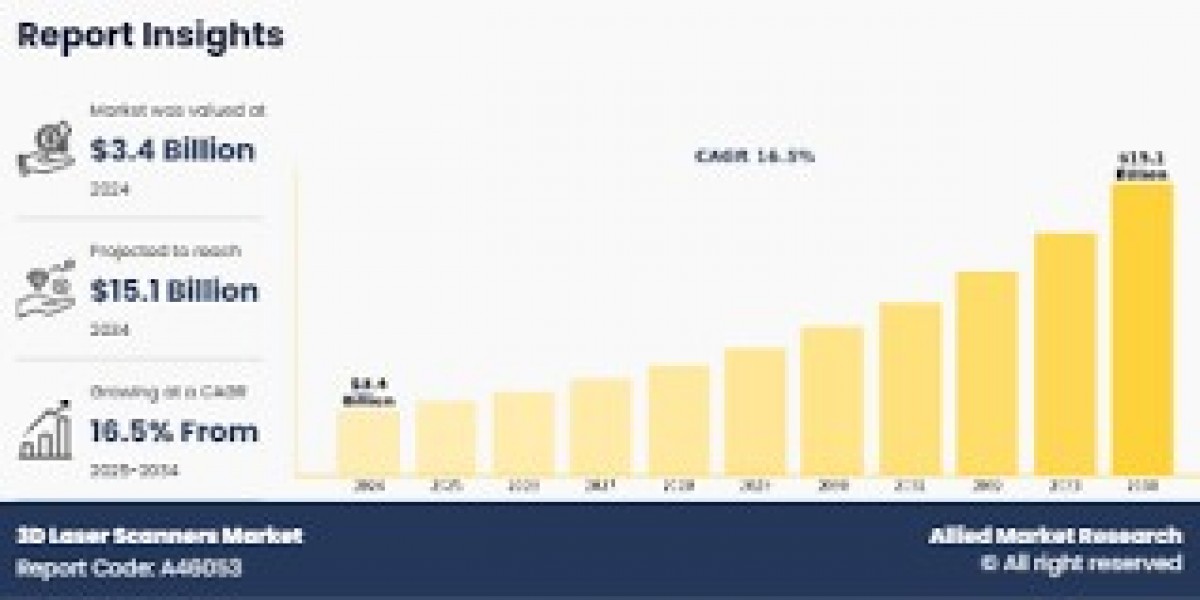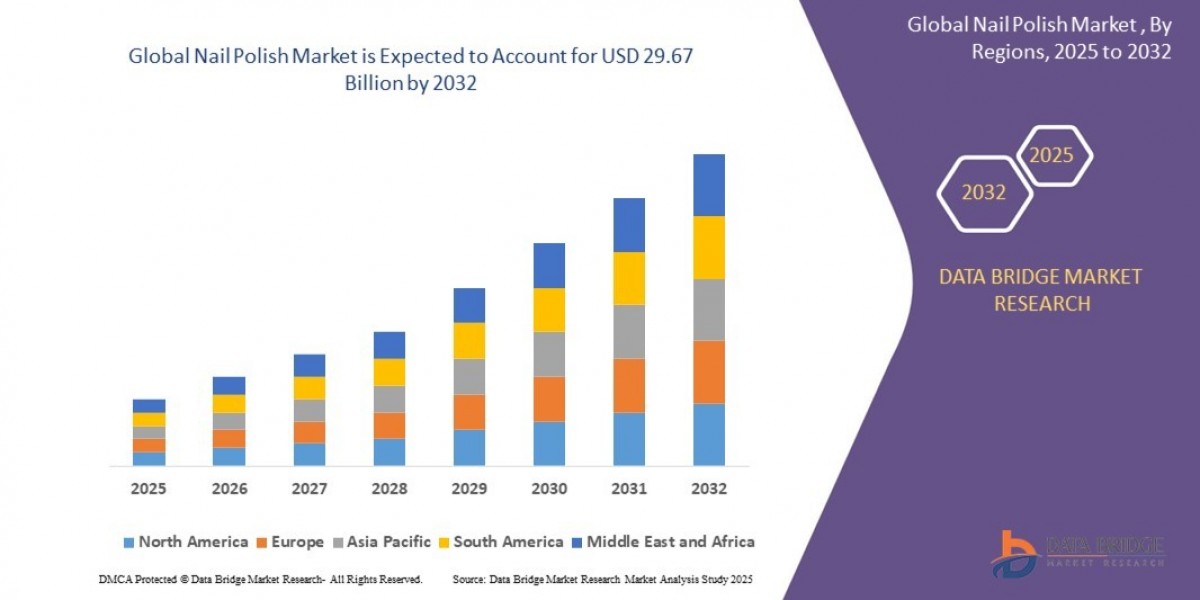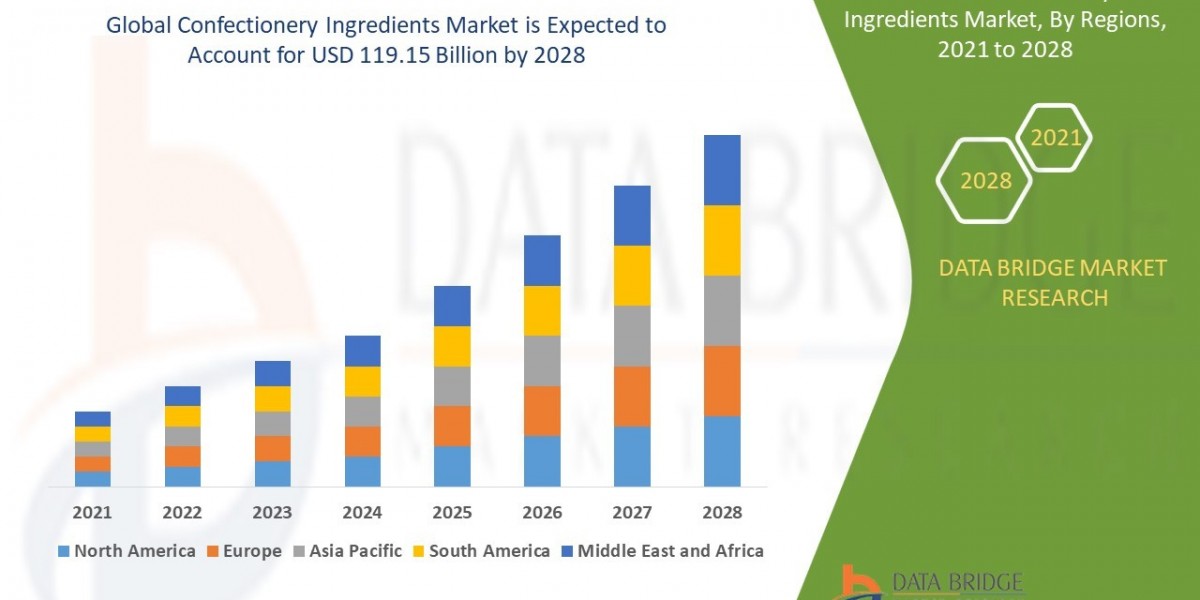The field of DNA synthesis is experiencing an unprecedented surge in innovation, rapidly transforming scientific research, drug discovery, and biotechnology applications. Once a laborious and expensive process, the ability to "write" genetic code from scratch is becoming faster, more affordable, and incredibly precise, driven by breakthroughs in enzymatic synthesis, microfluidics, and the integration of artificial intelligence. This evolution promises to unlock new frontiers in medicine, agriculture, and industrial biotechnology.
Enzymatic Synthesis Takes Center Stage
A major shift in the DNA synthesis landscape is the growing prominence of enzymatic DNA synthesis. Unlike traditional chemical methods that rely on harsh chemicals and often yield shorter, error-prone DNA strands, enzymatic approaches leverage highly specific enzymes to build DNA sequences with greater fidelity and often at longer lengths. In June 2024, Ansa Biotechnologies, Inc., a key player in this space, announced the commercial availability of its Ansa Clonal DNA and Ansa DNA Fragments, showcasing the practical application of this technology. More recently, in May 2025, Ansa Biotechnologies launched its 50 kb DNA synthesis early access program, allowing researchers to order significantly longer and more complex DNA sequences in a matter of weeks, pushing the boundaries of what was previously possible. This enzymatic shift is crucial for applications demanding high-quality, long DNA constructs.
The Power of Precision: AI and Automation
The integration of artificial intelligence (AI) and automation is accelerating the pace of DNA synthesis and its applications. AI models are now being used to design molecules and optimize metabolic pathways, significantly cutting down on traditional trial-and-error approaches in drug discovery. This synergy between AI and synthetic biology allows researchers to rapidly design genes and create them in-house, often overnight, feeding AI engines with valuable data for faster iteration and breakthrough therapeutic development.
Companies like Twist Bioscience are at the forefront of this industrialization, utilizing proprietary semiconductor-based platforms to miniaturize DNA synthesis chemistry. This high-throughput approach allows for the parallel production of hundreds of thousands of oligonucleotides (short DNA strands) on high-density microarray chips, which are then assembled into longer gene constructs. This level of automation and multiplexing is critical for meeting the surging demand for synthetic DNA across various applications, including PCR, NGS, and CRISPR-based genome editing.
DNA Synthesis Driving Therapeutic and Diagnostic Revolution
The implications of these advancements are profound across numerous sectors. In healthcare, synthesized DNA is pivotal for the rapid development of mRNA-based therapeutics and vaccines, as demonstrated during the COVID-19 pandemic. The ability to quickly design and produce synthetic genes is accelerating the creation of novel infectious disease vaccines and precision immunotherapies for cancer. The rising interest in nucleic acid-based therapies, including gene therapy and personalized treatments for genetic disorders, is further fueling the demand for custom DNA synthesis services.
Beyond therapeutics, DNA synthesis is transforming diagnostics. Synthetic DNA is essential for creating probes and primers used in highly sensitive diagnostic assays, including those for infectious disease detection and cancer mutation profiling. The development of CRISPR-Cas9 technology, which relies heavily on synthesized guide RNAs, is enabling precise gene editing and holds immense potential for correcting genetic disorders at their source.
The Future Landscape: Data Storage and Beyond
Looking ahead, the future of DNA synthesis extends even to data storage. Researchers are exploring the use of synthetic DNA as an ultra-dense and long-lasting medium for data storage, with companies like Twist Bioscience actively pursuing milestones in DNA data storage. This emerging application underscores the versatility and transformative potential of synthesized DNA.
The market for DNA synthesis is expanding rapidly, with North America currently holding the largest share due to its robust biotech hubs and significant R&D investment. Companies like GenScript, Thermo Fisher Scientific, Eurofins Scientific, Integrated DNA Technologies (IDT), DNA Script, Agilent Technologies, and Ansa Biotechnologies are leading the charge, continuously pushing the boundaries of synthesis fidelity, length, and throughput.
The ongoing innovations in DNA synthesis are not just about making DNA; they are about accelerating scientific discovery, enabling the development of groundbreaking therapies, and providing fundamental tools that underpin the entire synthetic biology revolution, promising a future where biological systems can be designed and engineered with unprecedented control and precision.








